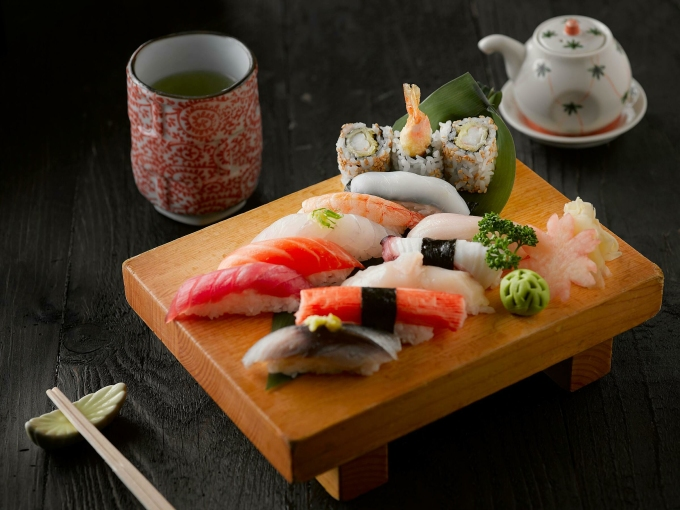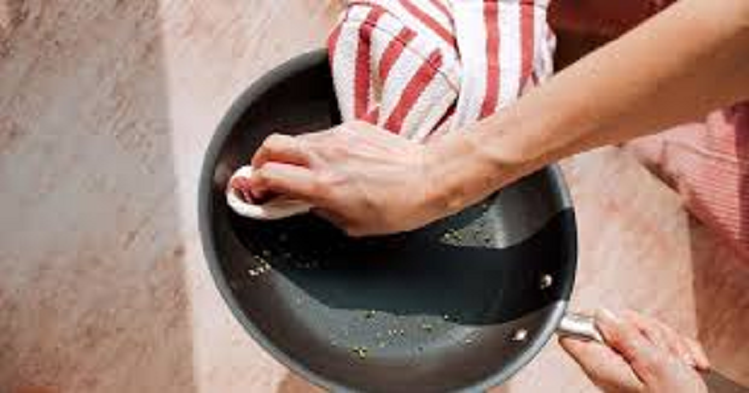
Experts say that we should keep our food according to the season. There are many benefits to this. For example, millet is born in the cold season. That is why its use is less in summer.
Our body also keeps on giving us signals to eat according to the season. Just like in winter, we like to eat hot soup or cooked vegetables, in the same way in summer we like cold things like salad.
Nuts

Talking about the winter diet, Mumbai-based nutritionist Karishma Chawla says that she advises her clients to eat honey, nuts, onions, garlic, apples, and other fruits, and gram and green leafy vegetables. Karishma says that such things should be eaten in winter which acts as antioxidants. Things rich in zinc and fat should also be used in abundance.
Green vegetables

Vegetables with Vitamin C and E: Green leafy vegetables, broccoli, parsley, bell peppers, nuts, whole chickpeas, apples, and papayas
Immunity, a balanced diet,

Zinc Rich Foods: Sesame seeds, pumpkin seeds, poultry products, beans, cashews, yogurt, almonds, peas, and mushrooms
Sources of good fats

Good Fats: Coconut oil, olive oil, sesame, walnuts, almonds, chia, and another omega 3-rich supplements
Junk food

Are there some things that cannot be consumed in winter? On this question, Karishma Chawla says – It is not forbidden to eat anything in winter, but we should also not think that junk food is being eaten in the name of spicy food.
Soup

Hot things like hot tea, coffee, hot milk, or herbal tea, consumed without adding sugar, are very good for human health in winter.
Herbs

Spicy foods taste very tasty in winter. Lemon or dried spices can be used to enhance their taste.
Foods

Karishma Chawla says that therefore nutritious things should be eaten in the right quantity at the right season and time. Remember that the body always tries to maintain homeostasis and works best when it is closest to nature.










